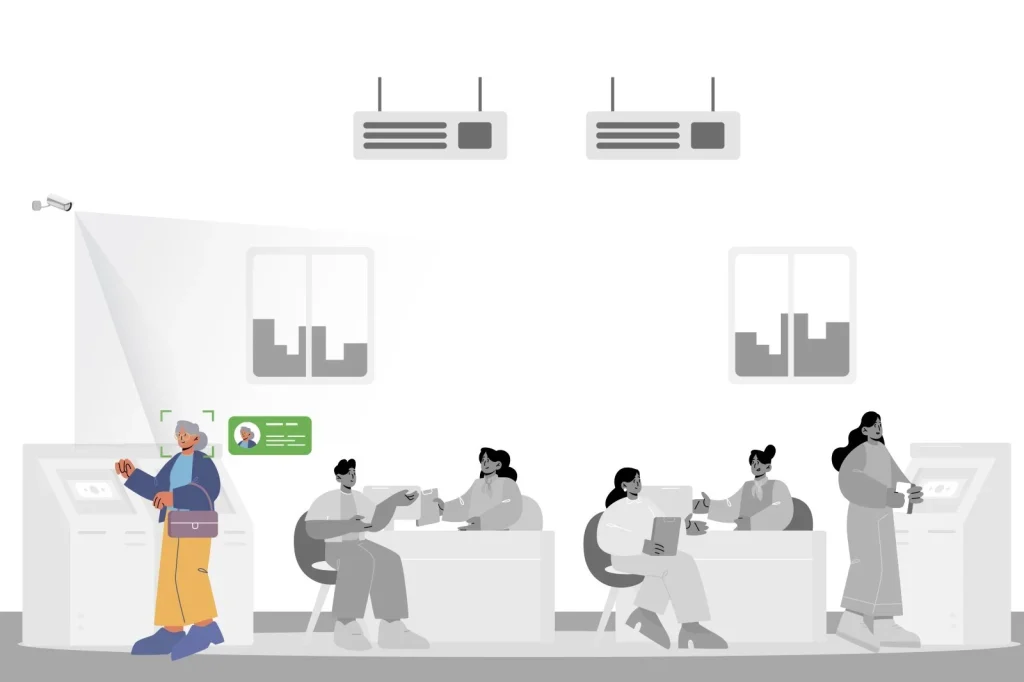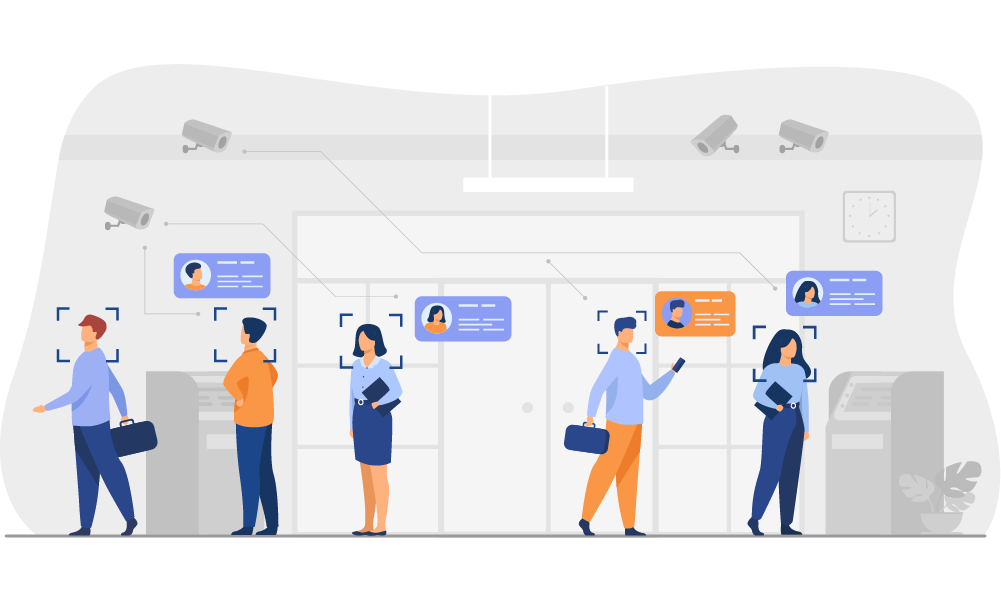The Future of Fraud Prevention with AI Computer Vision

Ruchir Kakkad
CEO & Co-founder

Fraud is on the rise, everywhere from individuals to businesses. It affects both businesses and everyday people. From identity theft to financial schemes, criminals keep finding fresh ways to exploit loopholes. Thankfully, technology is also moving forward to counter these threats. One of the strongest tools in this battle is AI, especially AI computer vision. This game-changing tech is redefining how we protect transactions and assets. It provides a more efficient, accurate, and consistent way to detect and stop fraud.
In this, well show how AI computer vision is reshaping fraud prevention. Well focus on AI fraud prevention, signature verification, and document processing.

Before diving into fraud-busting, lets get a handle on AI computer vision. Its basically teaching computers to images, videos, and documents, the way we do but much faster. It can spot objects, pick up tiny details, and even recognize faces or signatures. Its already big in healthcare and security, and now its taking on fraud.
Older approaches often rely on simple rules or a quick glance from a person. Sure, that can work sometimes, but its far from foolproof. Criminals constantly switch up their tactics, and outdated systems just cant keep pace.
AI fraud prevention uses advanced machine learning to process massive data sets in real time. It flags suspicious behavior, odd patterns, or unusual activity that might signal fraud. For instance, AI can keep track of spending behavior, watch transactions for red flags, and gauge each transactions risk based on past trends.
A big plus of AI fraud prevention is its knack for learning. The more data it sees, the sharper it gets at finding new fraud types. This ongoing improvement means AI fraud systems become more robust and dependable as time goes on, providing an extra shield for your assets.
Fraudsters often try to forge signatures on critical documents. Checks, contracts, legal forms these rely on signatures to confirm authenticity. But checking these by hand can be slow and prone to slip-ups.
AI-powered signature verification cuts out the guesswork. It uses computer vision to review signatures with precision. It doesnt just compare the visual look of the signature. It also measures pressure, speed, and stroke style. That makes it far more precise than older methods.
This tool is especially handy in banking, real estate, and legal work. These areas rely heavily on signatures to confirm deals. With AI signature verification, businesses can spot forgeries quickly and accurately, reducing the chances of fraud.
AI computer vision is also making waves in document processing. Criminals often submit fake or tampered documents to run scams. They might try to open bank accounts, request loans, or file false insurance claims. Checking these by hand can be tedious, especially for large volumes of paperwork.
AI-driven document processing systems use computer vision to scan and verify documents in real time. They spot irregularities such as modified text, mismatched fonts, or strange formatting signs that a document may have been doctored. AI can also confirm the data against trusted sources to ensure its legit.
For instance, in banking, AI can process loan applications by scanning income reports, tax docs, and ID cards. It checks for flaws and flags any oddities that point to fraud. This not only speeds up reviews but also lowers human mistakes, ensuring only valid requests pass through.

When AI computer vision is built into fraud prevention plans, it strengthens protection for businesses and individuals alike. By using top-notch algorithms, verifying signatures, and processing documents, AI raises the bar for criminals looking to defraud. Heres how:
Real-Time Alerts: AI fraud systems watch transactions live. They detect strange activity as it unfolds. This allows businesses to step in right away, cutting losses.
Better Accuracy: AI tools are more precise than basic methods. They sift through huge sets of data to spot crimes that might slip past the human eye.
Less Human Error: Tasks like signature checks and document reviews are handled by AI. This lowers the risk of mistakes, keeping fraud from sneaking through.
Constant Improvement: As AI processes new data, it adapts. It spots new scam methods and defends against them more effectively over time.
Lets see how AI computer vision is helping real organizations.
A major U.S. bank was losing money to forged signatures on loan applications. They introduced an AI system that compares new signatures with a stored database of authentic ones. The AI studies unique traits like pressure and stroke speed. This led to a big drop in fraudulent loan cases, saving the bank huge sums. Plus, loan approvals sped up for honest applicants.
An insurance firm in the UK faced fake claims supported by doctored medical papers and invoices. They added an AI document processing system that checks each document for font issues or weird formatting. The AI uncovered several sham claims that had been missed before, saving millions. It also sped up legitimate claims, making life easier for honest policyholders.
An online retail platform in Asia saw a spike in fraudulent buys, often using stolen credit cards. They integrated AI fraud tools into their payment system. The AI analyzes purchase data in real time, looking for odd spending habits or mismatched billing details. As a result, fraudulent purchases dropped by 40%. Honest customers also had fewer false alarms blocking their transactions.
AI keeps evolving, which means even sharper fraud prevention down the line. AI computer vision will gain new levels of sophistication, offering stronger ways to detect and combat fraud. With its ability to handle huge data sets, confirm signatures, and check documents with high accuracy, AI is set to remain central in securing transactions and protecting assets.
In short, AI computer vision is pushing fraud prevention to new heights. From spotting theft in real time to verifying signatures and reviewing documents, AI helps businesses and everyday folks stay one step ahead of scammers. As the tech matures, expect even greater strides in safeguarding our assets and ensuring safe, trustworthy transactions.